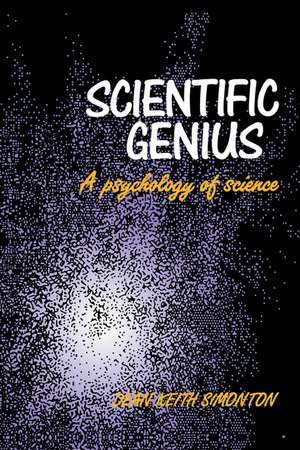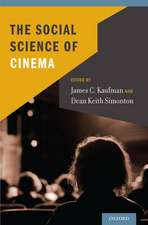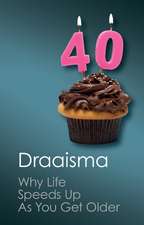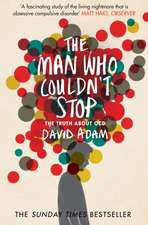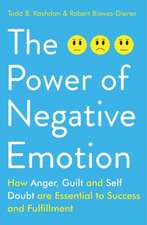Scientific Genius: A Psychology of Science
Autor Dean Keith Simontonen Limba Engleză Paperback – 29 iul 2009
Preț: 321.43 lei
Nou
Puncte Express: 482
Preț estimativ în valută:
61.51€ • 63.98$ • 50.78£
61.51€ • 63.98$ • 50.78£
Carte tipărită la comandă
Livrare economică 14-28 aprilie
Preluare comenzi: 021 569.72.76
Specificații
ISBN-13: 9780521117135
ISBN-10: 0521117135
Pagini: 240
Dimensiuni: 152 x 229 x 14 mm
Greutate: 0.36 kg
Editura: Cambridge University Press
Colecția Cambridge University Press
Locul publicării:New York, United States
ISBN-10: 0521117135
Pagini: 240
Dimensiuni: 152 x 229 x 14 mm
Greutate: 0.36 kg
Editura: Cambridge University Press
Colecția Cambridge University Press
Locul publicării:New York, United States
Cuprins
List of tables and figures; Acknowledgements; 1. The chance-configuration theory; 2. Impressionistic evidence; 3. Personality and individual differences; 4. Productivity; 5. Development antecedents; 6. Multiple discovery and invention; 7. Creative genius in science; References; Name index; Subject Index.
Descriere
Simonton examines the idea of the genius through his own theory called chance-configuration theory.
